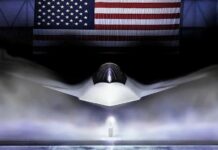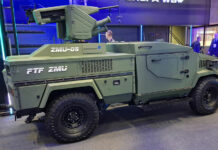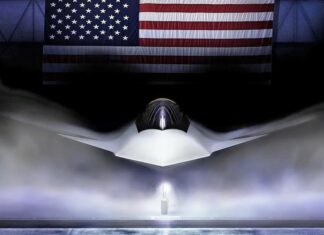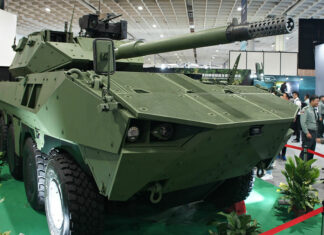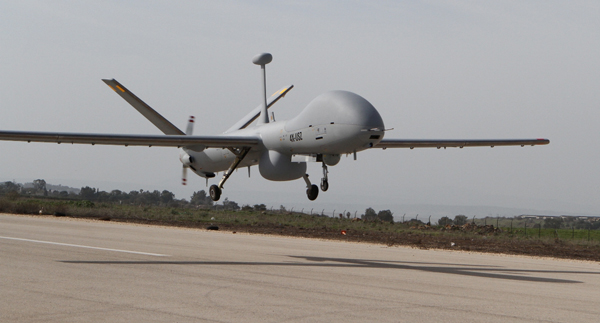
The Israel Aerospace Industries (IAI) Heron unmanned air system (UAS), General Atomics (GA‑ASI) Reaper and Elbit Systems’ Hermes 900 are among three platforms eyed for a Canadian tender to supply an advanced system for operation in the Arctic.

Canada’s military wants its next unmanned aircraft system to be capable of dropping search-and-rescue supplies in the Arctic and in other areas as it looks to expand UAS roles into activities formerly conducted by manned platforms.
According to UAS Vision, Canada plans to spend between CAN $1 billion (US $998 million) and $1.5 billion on a new fleet of UAS.
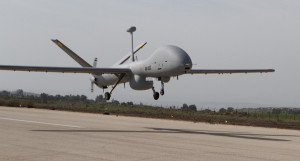
Lieutenant-General Yvan Blondin, head of the Royal Canadian Air Force, explained “I would like to have a UAS that can carry some equipment, whether it is weapons or other equipment, to be able, when it is patrolling the Arctic, to carry a search-and-rescue package that I can drop any time I want or need to,” Blondin said. “For UAS, we are looking at the requirement to work from home to be able to do maritime patrol, to do a bit of what the Auroras are doing and be able to patrol the coast,” he added. Aurora maritime surveillance aircraft are a variant of the US Navy’s P-3 Orion. UASs are also going to need greater range and endurance for long patrols, and “be our eyes in the sky in the Arctic”, said Blondin.
The Air Force did not respond to questions about whether it would be willing to fund research and testing into adding equipment transport capability to UAS. But a National Defense Department source said the Air Force hopes industry will provide solutions to Canada’s project to purchase the UAS, known as the Canadian Forces Joint UAV Surveillance and Target Acquisition System (JUSTAS). Adding additional weight for every mission of an unmanned mission is unlikely as the extra weight will reduce the volume of fuel carried on board, dramatically reducing mission endurance, increasing system’s wear (due to excessive takeoff and landing) and increasing the risk of losing aircraft (caused often by takeoff or landing)
The Air Force’s quest for leading-edge UAS technology has raised some concerns. John McKay, the defense critic for the opposition Liberal Party in the House of Commons, said he is worried that adding such a capability would further delay JUSTAS, which has already fallen years behind schedule.
Source: I-HLS



